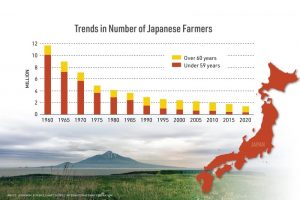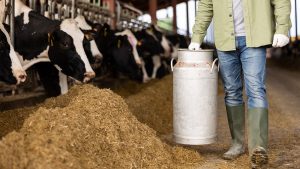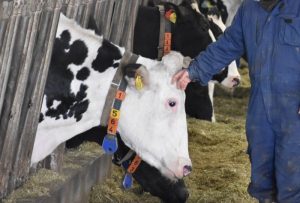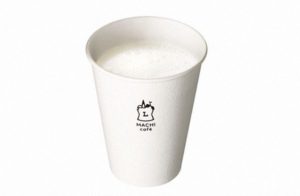
The wholesale price increase is expected to jack up retail prices of milk and other products, dealing another blow to households already pounded by higher prices of many goods and services.
Producers are concerned that consumers may shift away from milk products.
By early August, major dairy producers and producer groups in all regions except Okinawa Prefecture had agreed to raise raw milk prices by ¥10 per kilogram from November shipments, the first increase since 2019 and the biggest since 2009.
Behind the move were higher import prices for grain for feed and a rise in transport costs.
The Hokuren Federation of Agricultural Cooperatives, a Hokkaido producer group, plans to raise its wholesale prices for raw milk by 8.2% to 10.9%, varying depending on its use.
Hokkaido accounts for more than half of Japan’s milk production.
“Production costs are rising at an unprecedented speed to an unseen level, making a serious impact on the foundations of production,” an industry source said.
Producers are set to start full price negotiations with retailers and distributors. It is uncertain how much of the wholesale price hike will be reflected in retail prices.
An official of the Japan Dairy Association, or J-Milk, which comprises dairy farmer groups and dairy product makers, said that the rise will be reflected to some extent.
But a big price hike would not only put a burden on households but also affect the supply and demand of milk.
Production of raw milk tends to increase in winter, while demand for milk products often decreases when it gets cold.
In addition, school lunches, which consume large amounts of milk, stop during the yearend and New Year holiday period.
Late last year, the seasonal swing was exaggerated by a slump in demand from the restaurant industry due to the spread of the coronavirus, resulting in a massive oversupply of raw milk.
As concerns mounted that large amounts of raw milk would have to be discarded, the industry and the government asked the public to increase milk consumption.
No massive disposal of milk occurred thanks to efforts to expand consumption and increase the use of raw milk to make powdered skim milk.
However, demand may fall further if prices rise. With large amounts of powdered skim milk still in stock, boosting its production again would not be realistic.
“It’s important to improve the supply-demand balance by reducing the amounts of processed milk products in stock while expanding the consumption of raw milk,” an agriculture ministry official said.























